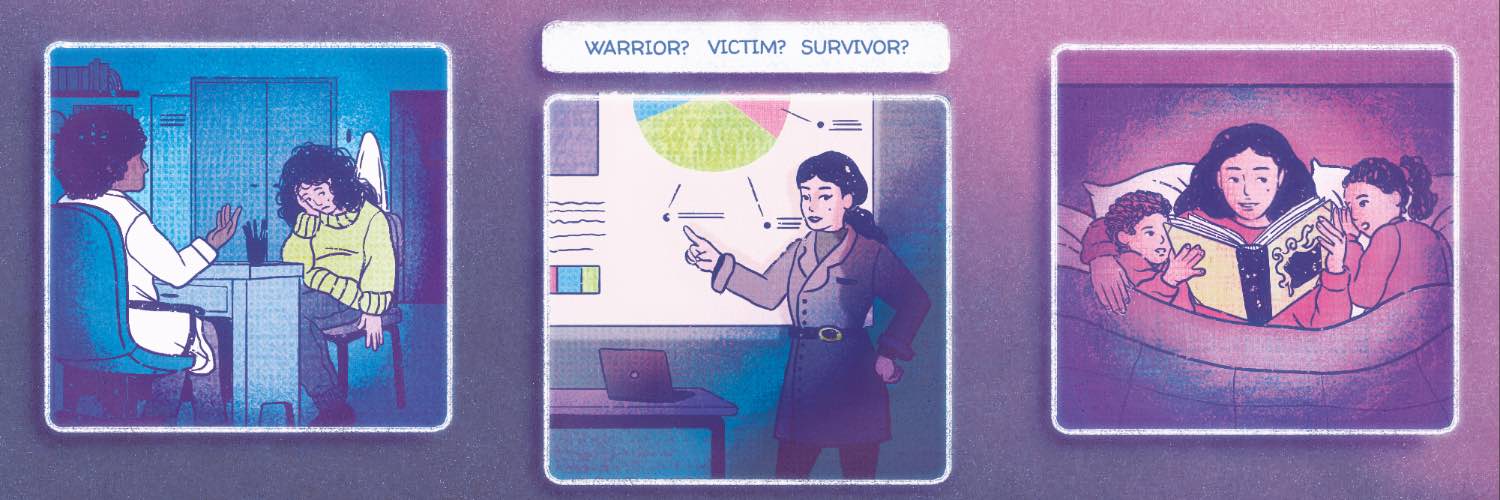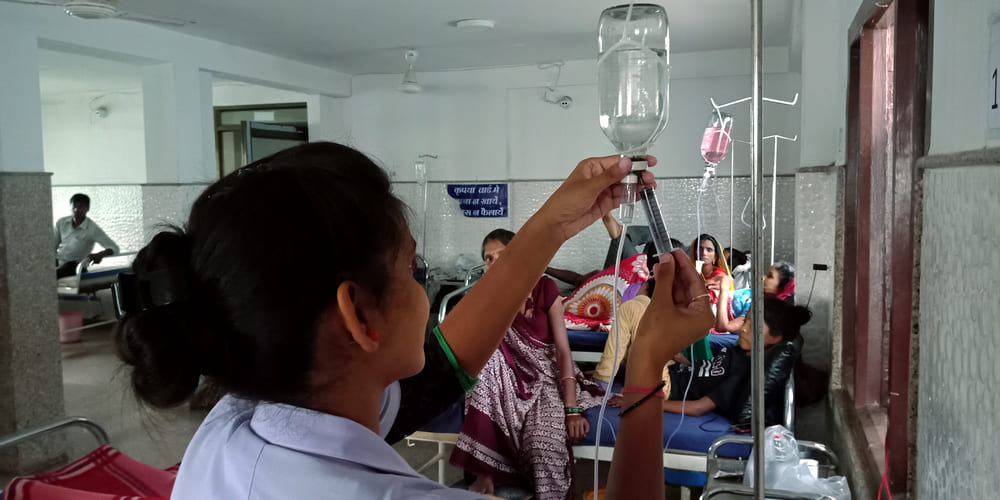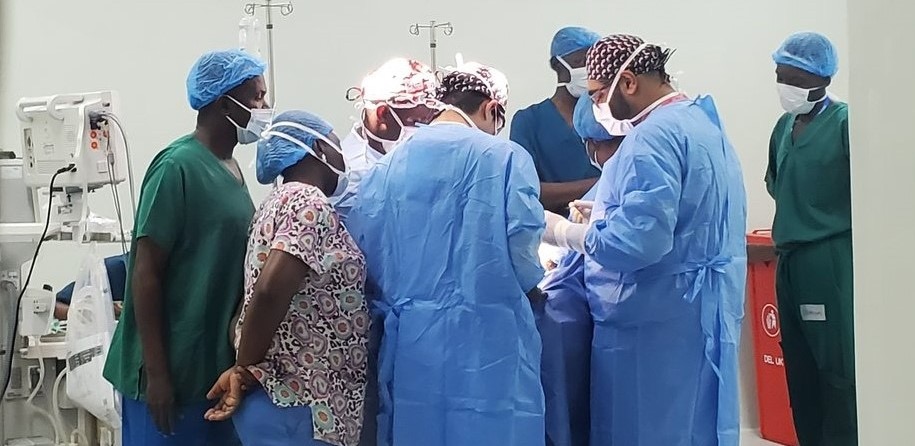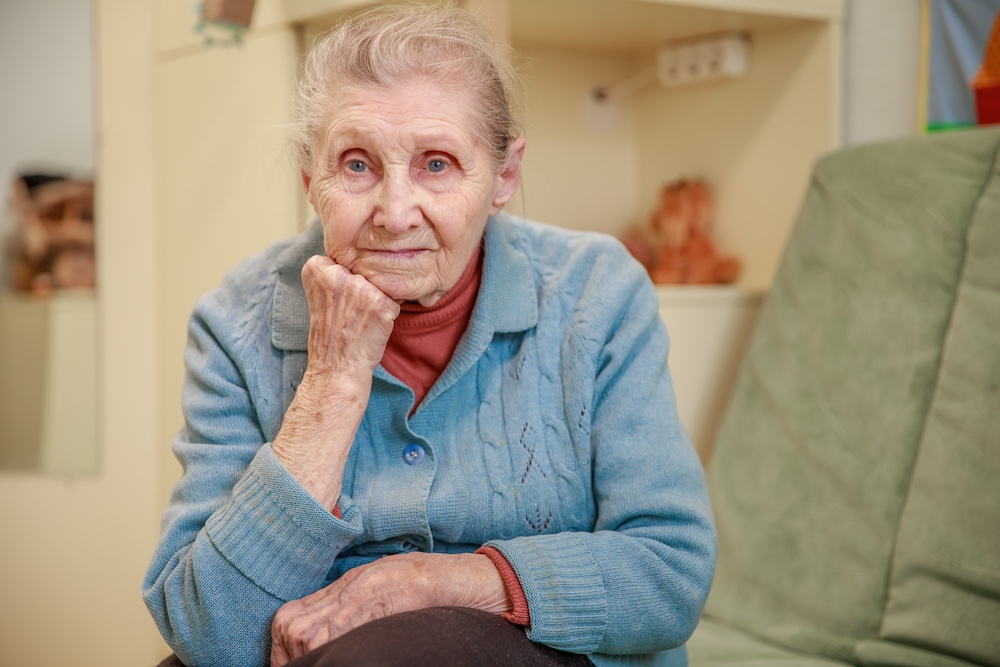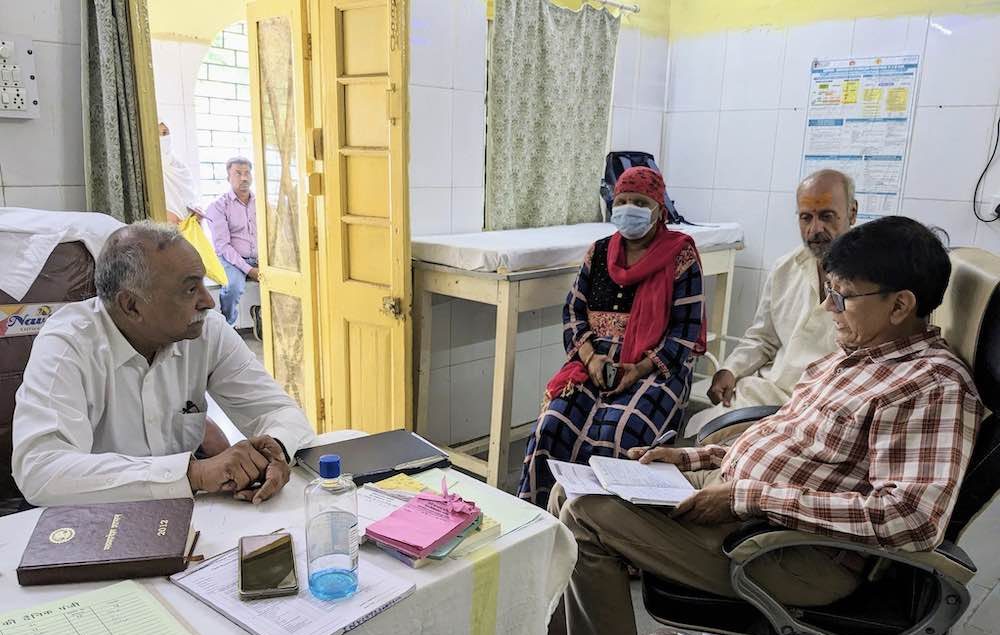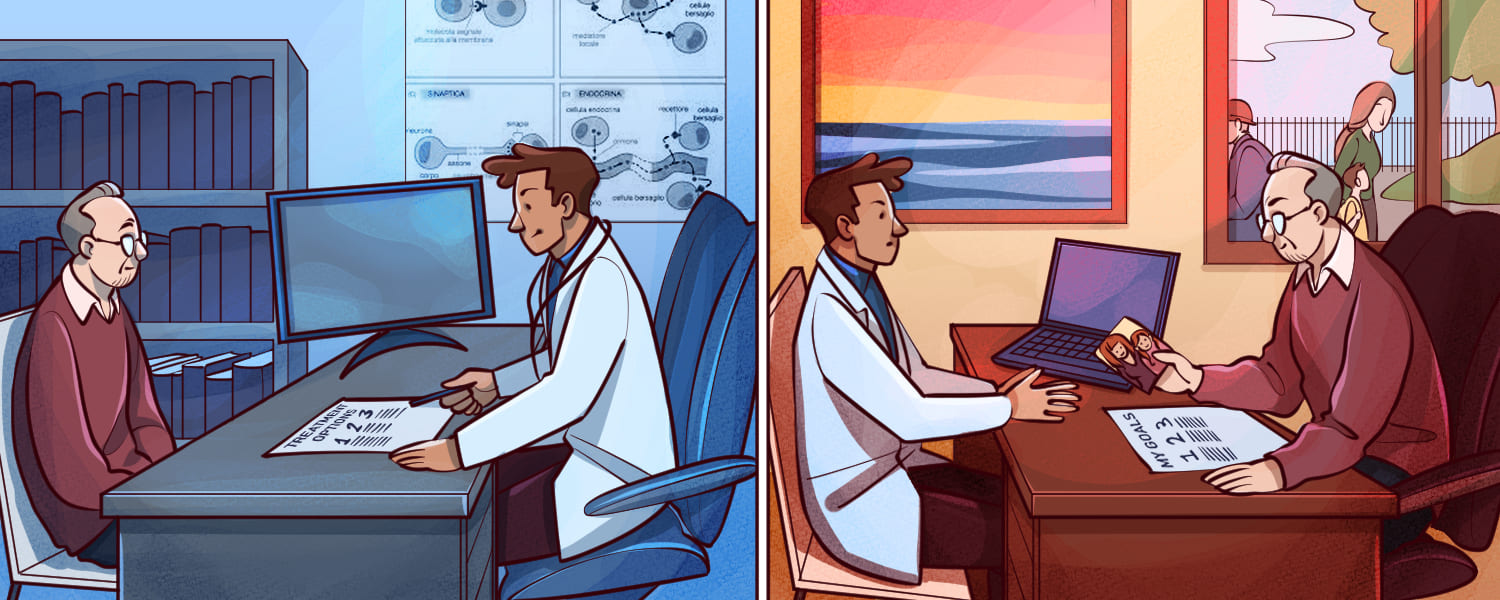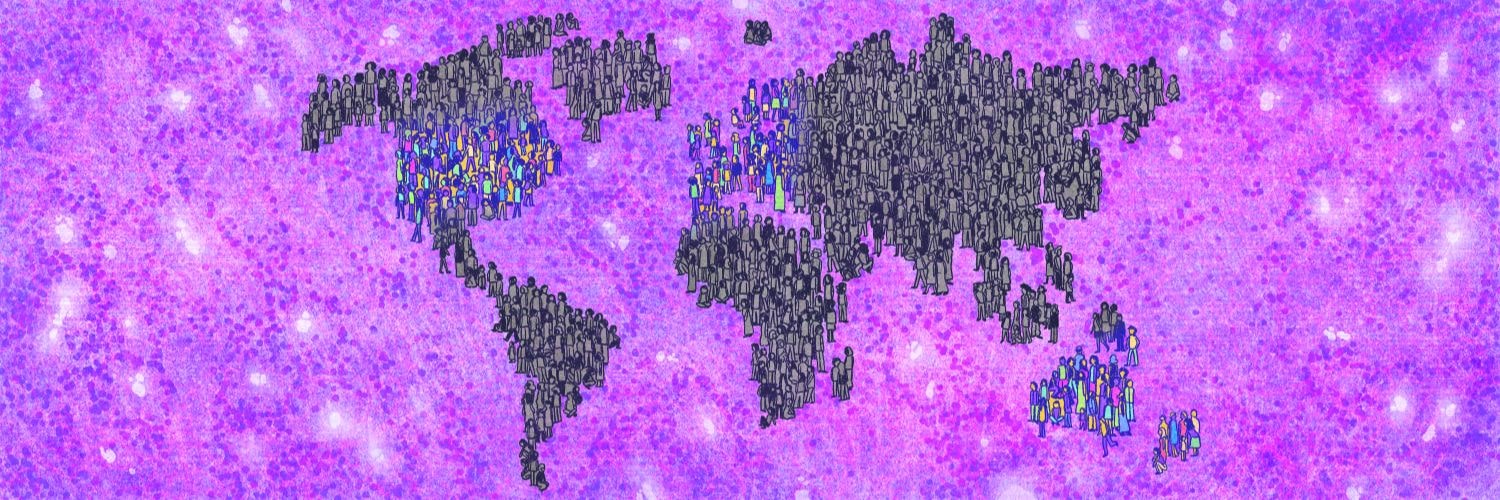Delivery of Care
Hero? Survivor? Using the right words matters, but it’s not always straightforward
A new survey of 1,871 people living with cancer in the UK and US has revealed significant differences in the terms that they would like to be used to describe themselves. Descriptive terms such as “victim,” “sufferer” and “cancer stricken”…
Pooled procurement of drugs saves millions for Indian cancer centres
A pilot project pooling the procurement of cancer drugs has led to cancer institutes in India saving over USS 116 million – an 82% average reduction on the drugs' reference prices. The results of the pilot project, led by Tata…
Regional cancer centres to boost access to cancer care across Uganda
The Uganda Cancer Institute, set up in Kampala in 1967 as a centre for research and treatment of lymphoma, was one of the first cancer treatment centres in East Africa, and continues to play a leading role as a national…
Geriatric oncology: how physicians in Latin America are personalising treatments and changing attitudes
When Gerardo Silveyra, a retired chemist from Toluca, Mexico, thinks about his recently deceased mother, Guadalupe Contreras, he regrets not having taken her to see a geriatrician sooner. Contreras, who died aged 93, had been “a very active woman,” and…
HPV vaccination: generating demand by spreading knowledge and information
"The most sustainable way is for people to understand that when my girl reaches 10 years, I just take her for the HPV vaccine. That's the sustainable way where all of us take responsibility. We either hold our daughters' hands…
Untreated malnutrition is rife among cancer patients: here’s how we can do better
In the mid-1970s, the US medical community was shocked by an article published in Nutrition Today under the title ‘The Skeleton in the Hospital Closet’. "I suspect that one of the largest pockets of unrecognized malnutrition in America exists, not…
Supporting mental health helps patients feel better – could it also improve cancer outcomes?
Psychological stress is a known factor in numerous diseases from heart failure to auto-immune conditions. Evidence is now growing that implicates stress as a factor in cancer as well, with higher rates of recurrence and progression found in people experiencing…
Quality care, free of charge, and closer to home: expanding access to cancer services in India
Rahul Jain and his mother Shashi were in Pune – 1,000 km from their home in Ashoknagar, in the neighbouring state of Madhya Pradesh – when they were told there was no hope. They had undertaken the long journey together…
Shared decision making: translating our aspirations into clinical practice
Despite growing awareness of the importance of shared decision making in cancer, there is plenty of evidence that it is still not being implemented as it should be. A national survey of patient experience from the Danish Cancer Society found…
Precision medicine for all!
Every year, around 2.3 million people across the globe are diagnosed with breast cancer. For lack of access to the right diagnostic test, many of them are being treated with chemotherapy that is doing them more harm than good –…

